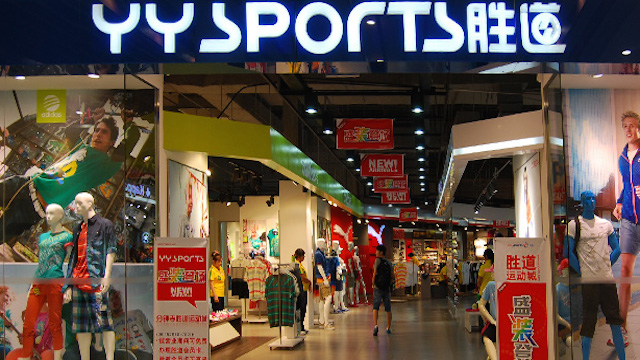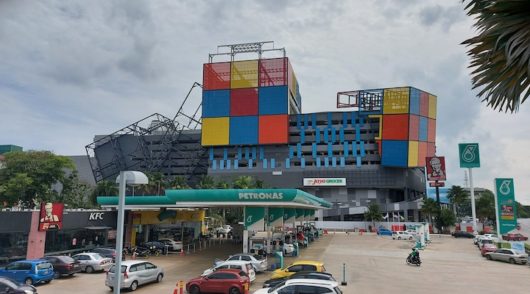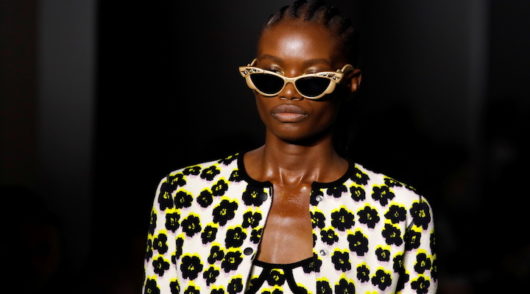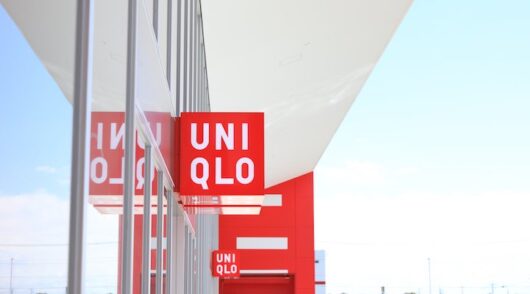Shoe manufacturer and retailer Yue Yuen Industrial says the coronavirus crisis will have a significant impact on its revenues, with its store network and factories heavily disrupted by closures.
Yue Yuen makes shoes for a raft of brands, including Geox, Levi’s, Rockport, Carters and Pony. Its subsidiary Pou Sheng operates a network of some 5500 directly operated stores and 3000+ sub-distributor stores, predominantly in Mainland China.
In retail, the company has been more susceptible than many as the majority of its stores are in high-street locations worst affected by authority-mandated closures and falling footfall where trading was still permitted.
In manufacturing, while factories are beginning to reopen, many staff are unable to travel to work, causing production lines to run slower than usual.
“As of February 28, the group’s production bases in China have largely resumed operation except for the production lines in Hubei Province where the local authorities postponed the work resumption date to March 11,” said Yue Yuen chairman Lu Chin Chun. “However, due to the implementation of traffic and crowd control measures in certain areas by the local authorities, some factory workers are unable to return to work as originally planned.
“Therefore, depending on the future development of the epidemic, it will take some time for the operations and production efficiency of the group’s production bases in China to gradually return to its full scale and normal operation.”
However Lu said the board expects the impact to be “temporary” and anticipates the lifting of relevant epidemic prevention measures.
Last year, the company said it would move more of its manufacturing offshore to locations such as Vietnam, due to China’s trade war with the US. This may have left it less vulnerable to the Chinese factory closures due to the coronavirus outbreak.
Before the outbreak, Chinese plants accounted for just 13 per cent of the group’s manufacturing output, the Hubei plant for less than 2 per cent.
However, Lu said the epidemic has also adversely affected the supply chain logistics for the group’s production lines in China and other countries. “In particular, as part of the raw material supplies for the group’s production lines outside China are sourced from suppliers located in China and the status of resumption of production amongst those upstream shoe materials suppliers in China varies, this has resulted in a shortage of certain raw materials.”
This may affect production capacity outside China.
“The group has been in close contact with its suppliers and is fully committed to ensuring the stable supply of raw materials and exploring the alternatives to increase the sourcing from suppliers outside China,” he said.
Majority of retail stores closed
To protect employees, and in compliance with Chinese government guidelines, the Pou Sheng Group has temporarily suspended the operations of the majority of its retail stores in China.
“Given that the revenue of Pou Sheng Group is mainly derived from the sales of sportswear in brick-and-mortar retail stores, it is expected that the epidemic will have significant adverse impact on the revenue and results of Pou Sheng Group for the first half of 2020,” said Lu.
“Pou Sheng Group will continue to monitor the development of the Epidemic and relevant government policies, and will resume the operations of the suspended retail stores as and when appropriate.”
The retail company has set up an epidemic response committee to closely monitor the epidemic, collaborate with local authorities across China in implementing various anti-epidemic measures, and set up and implement relevant and prompt response measures at each of factories and retail stores to prevent the spread of the epidemic.






